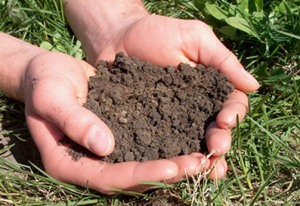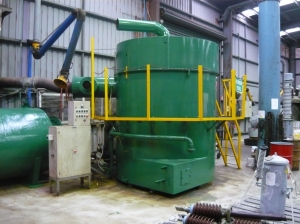Recycling your e-waste is just as important as recycling any other waste material. Toxfree is a true end-of-life recycler of electronic waste. Our business model, technologies and processes ensure that maximum e-waste recycling and recovery processing takes place in Australia and that we do not export the problem.
What is e-waste?
e-waste comes in many forms, including computers, photocopies, printer, fax machines, batteries and mobile phones.
Why is it a problem?
e-waste contains non-renewable but potentially toxic materials such as mercury and lead, that make it both an environmental hazard and a renewable resource.
What can I do?
Ensure that your e-waste is disposed of at a reliable, ethical recycling plant.
When handled correctly, at least 90% to 95% of e-waste components can be recycled, greatly reducing the environmental impact of landfill dumping, sourcing new materials, pollution and contamination.
What does Toxfree do with e-waste?
Toxfree delivers a true end-of-life solution for your e-waste. End-of-life means nothing is re-used; everything is destroyed as part of the recycling process.
Our processes ensure the e-waste is useless in terms of information retrieval or re-use. Should you require a greater level of security, such as individual hard drive destruction, talk to us about a tailored secure e-waste solution.
Our aim is to become the leading e-waste recycler in Australia and set a benchmark for all others to aspire to.
BluBox recycling plant
Toxfree’s BluBox is a Swiss designed processing technology packed in a 40ft container. It is designed for next generation e-waste such as flat panel displays, smart phones, tablets and laptops however can also process a wider variety of domestic e-waste such as toasters and hair dryers.
The BluBox process is designed to extract mercury from the LCD backlighting tubes utilising a sophisticated aspiration system to collect the mercury vapour and phosphor contaminated mercury. The process provides a fully automated solution to handle a wide variety of e-waste items from desktop computers and laptops, to toasters and hair-dryers.
CRT recycling
Toxfree developed, in-house, Australia’s first semi-automated CRT recycling system. The system which incorporates; crushing, density and x-ray sorting technologies, separates the TVs and monitors into their major recyclable components creating value added commodities. The process includes Australia’s only x-ray sorting system, an automated system to separate the lead funnel glass and lead free panel glass found in CRT TVs and monitors.
E-waste drop-off events
Toxfree are experts in tailoring e-waste drop-off events for both business and communities. Whatever your e-waste recycling needs, Toxfree has the solution.
For more information read our brochure – rtp-final-e-waste-brochure-2016

